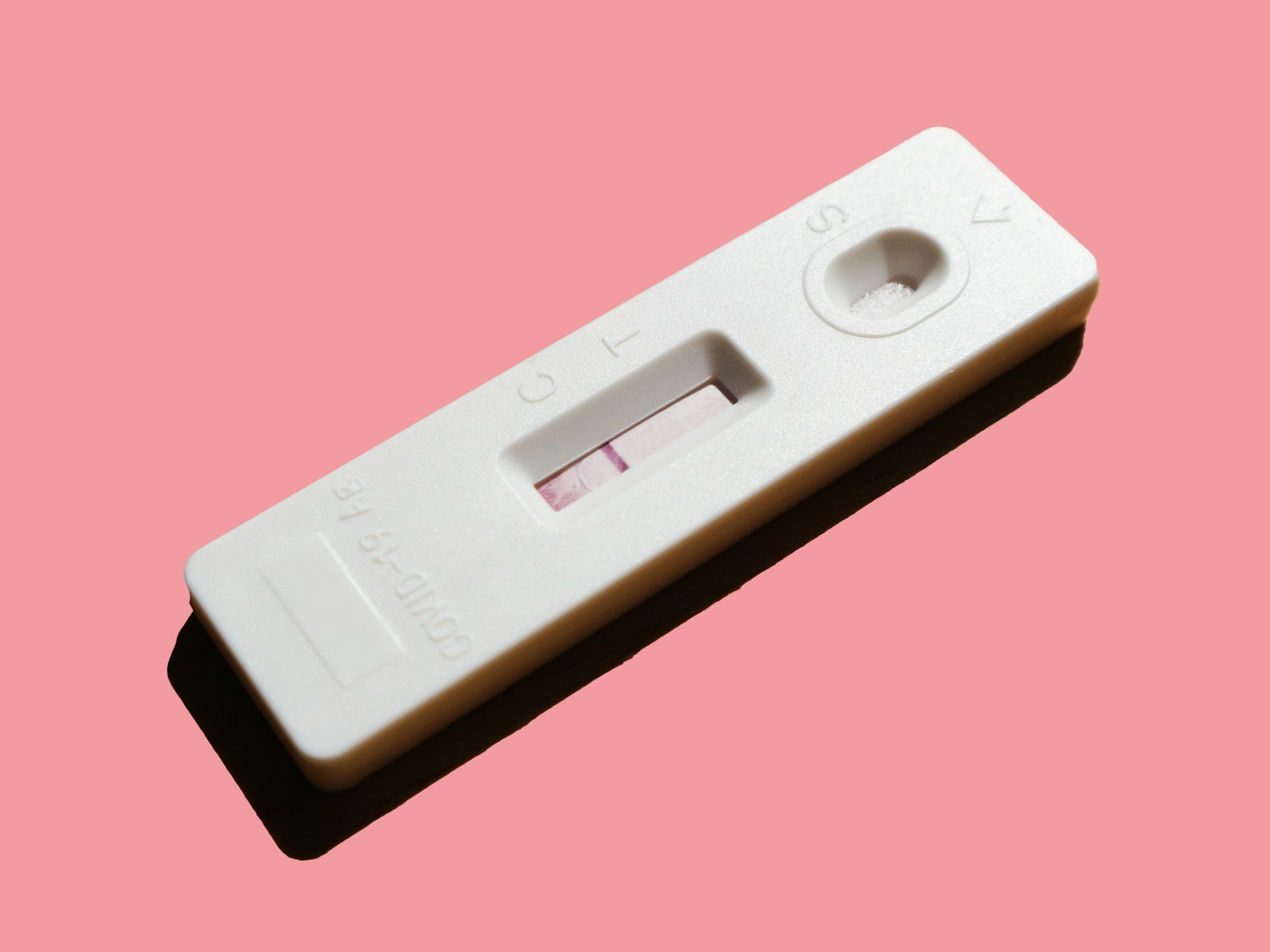
Can marijuana ease Generation Z’s fertility problems?
Every generation has a variety of concerns, but one big surprise is how many Gen Z members are now concerned about their fertility. Surveys show that nearly half of Gen Z members worry about their fertility, even though they are not currently trying to conceive. The Centers for Disease Control defines infertility as “the inability to become pregnant after more than one year of unprotected sexual intercourse.” According to a report by the World Health Organization (WHO), “About 17.5% of the adult population suffers from infertility.”
RELATED TOPICS: The best ways to make the first part of the week positive
Previous generations worried about their fertility when it came to having children. For Generation Z, this is part of their future life path. They worry about getting pregnant at 35 when they're 25. If they decide to have children later, they want to know what they need to do now so they can have what they want then. Can marijuana help Generation Z's fertility issues?
Photo by Anastasiia Chepinska via Unsplash
When it comes to alcohol, it is clear that chronic alcohol consumption can cause fertility problems in both men and women. In men, it can lead to damaged sperm and in women, it can affect the ability to conceive. While undergoing active medical treatment to become pregnant, alcohol can reduce a woman's chances.
In women, frequent marijuana use can cause problems that can affect fertility. According to a report published in Fertility & Sterility Science, use as little as three times a week can have effects. Evidence suggests that marijuana may reduce female fertility by interfering with the hypothalamic release of gonadotropin-releasing hormone (GnRH), resulting in reduced estrogen and progesterone production and anovulatory menstrual cycles. It may also delay or prevent ovulation. In men, data showed that current or past marijuana users had more damaged sperm, lower sperm counts, and lower semen volume.
RELATED: Enjoy this Harry Potter Butterbeer Ice Cream
But can worry and the constant fear of it affect the outcome? Although stress alone is unlikely to cause infertility, stress does affect a woman's ability to become pregnant. Research has shown that women with a history of depression are twice as likely to be infertile. Anxiety can also increase the time it takes to become pregnant.
Although more research is needed, stress management may improve fertility.

Post a comment: